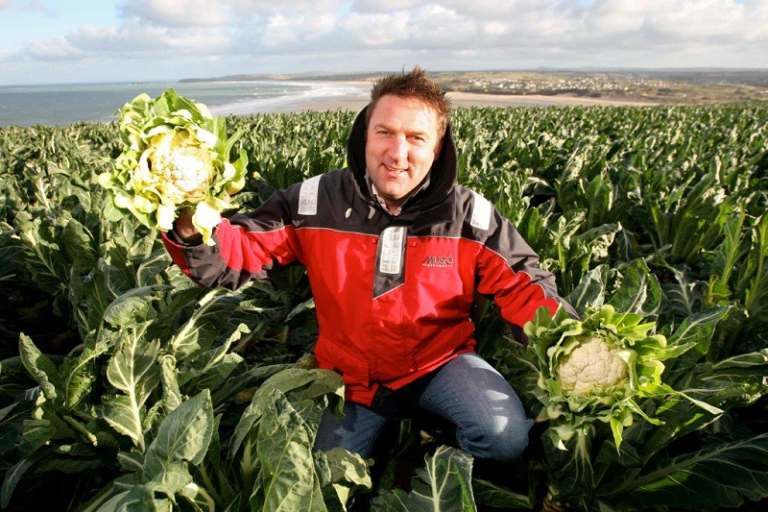By Michael Barker
The British egg industry is set to be the beneficiary of a vegetable grower’s frustration with the difficulty in sourcing labour post-Brexit.
Cornwall-based Southern England Farms is investing £5 million to expand into free-range egg production, with the company beginning construction of new facilities this autumn and major retailers set to be supplied with eggs from over 100,000 hens from as early as the new year.
The British horticulture industry has mounted a vociferous campaign to persuade the government to put a seasonal worker scheme in place, but with a feeling that those calls are falling on deaf ears, growers are looking at diversifying their portfolios.
“It [egg production] is something we thought about after Brexit because the government has shown a total disregard for fresh produce,” says managing director Greville Richards. “It might cost £5m to build an egg operation, but it will only take six people to run it.”
The company considered diversifying into a range of other agricultural and horticultural lines, including beef, daffodils and potatoes, but settled on free-range eggs due to better potential returns on investment and a market that is hungry for more domestic product.
Much like with vegetables, where the UK is no more than 50% self-sufficient, the UK is still not producing enough eggs to meet demand. According to the British Eggs website, the country supplied some 10.4 billion eggs in 2016, leaving a shortfall of over two billion eggs that needed to be imported. And with volume sales rising 3% in the 52 weeks to16 July 2017, all the signs are that this is a smart time to be moving into production.
If it seems like a drastic departure from horticulture, that would be to underestimate a business that has frequently shown a deftness for rolling with the punches. When brassica production proved difficult due to reduced demand and poor pricing, Southern England Farms which was founded by Greville and Jane Richards in 1996 diversified into such vogue crops as courgettes and beans, ensuring it always has a modern and relevant portfolio.
It currently grows everything from Sweetheart and Savoy cabbages to spring greens, cauliflower, broccoli and courgette, and Richards is at pains to stress the company is not replacing its vegetable production with the egg operation, but the two will complement each other once rotation for hen manure is in place. “We are a young business looking for new areas of growth,” he explains. “We are very large players in the brassica market, but it is an area affected by risk of drought, frost and wind. We wanted something a bit more stable.”
Southern England Farms might be one of the first growers to decide enough is enough and limit its risk by moving into less labour-intensive production, but if the government continues to drag its heels over guaranteeing a future seasonal workforce then don’t bet against it being the last.


